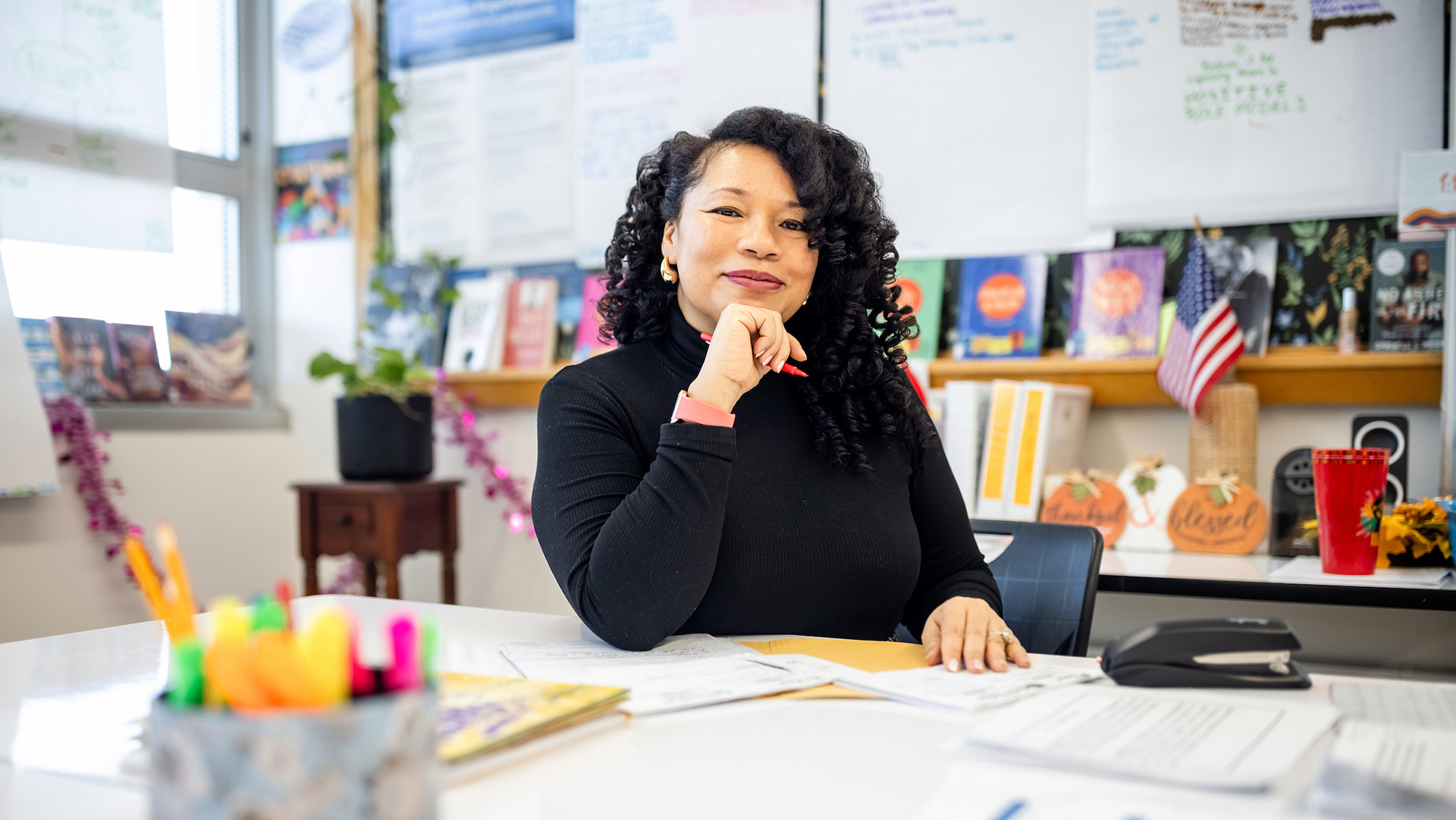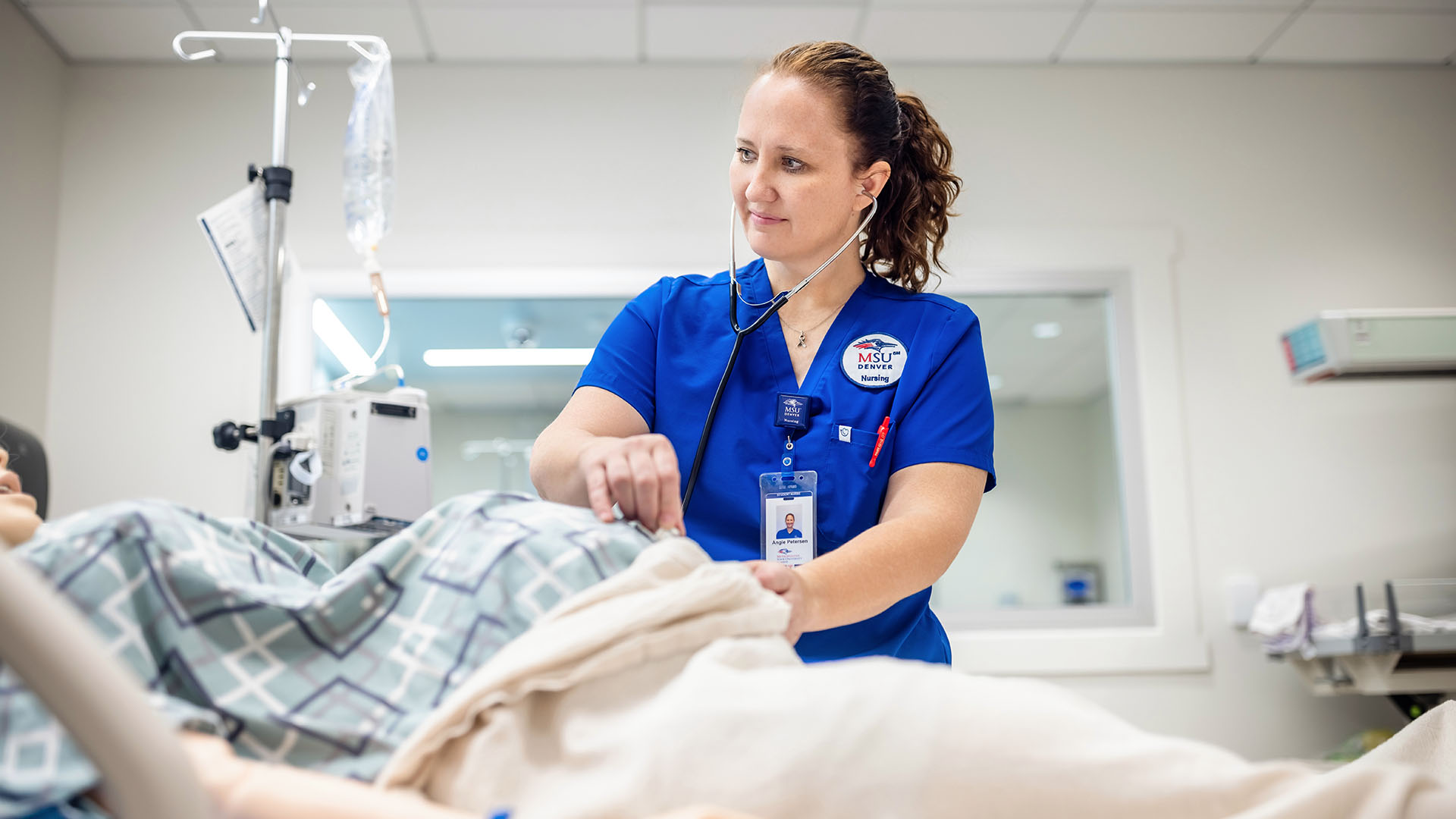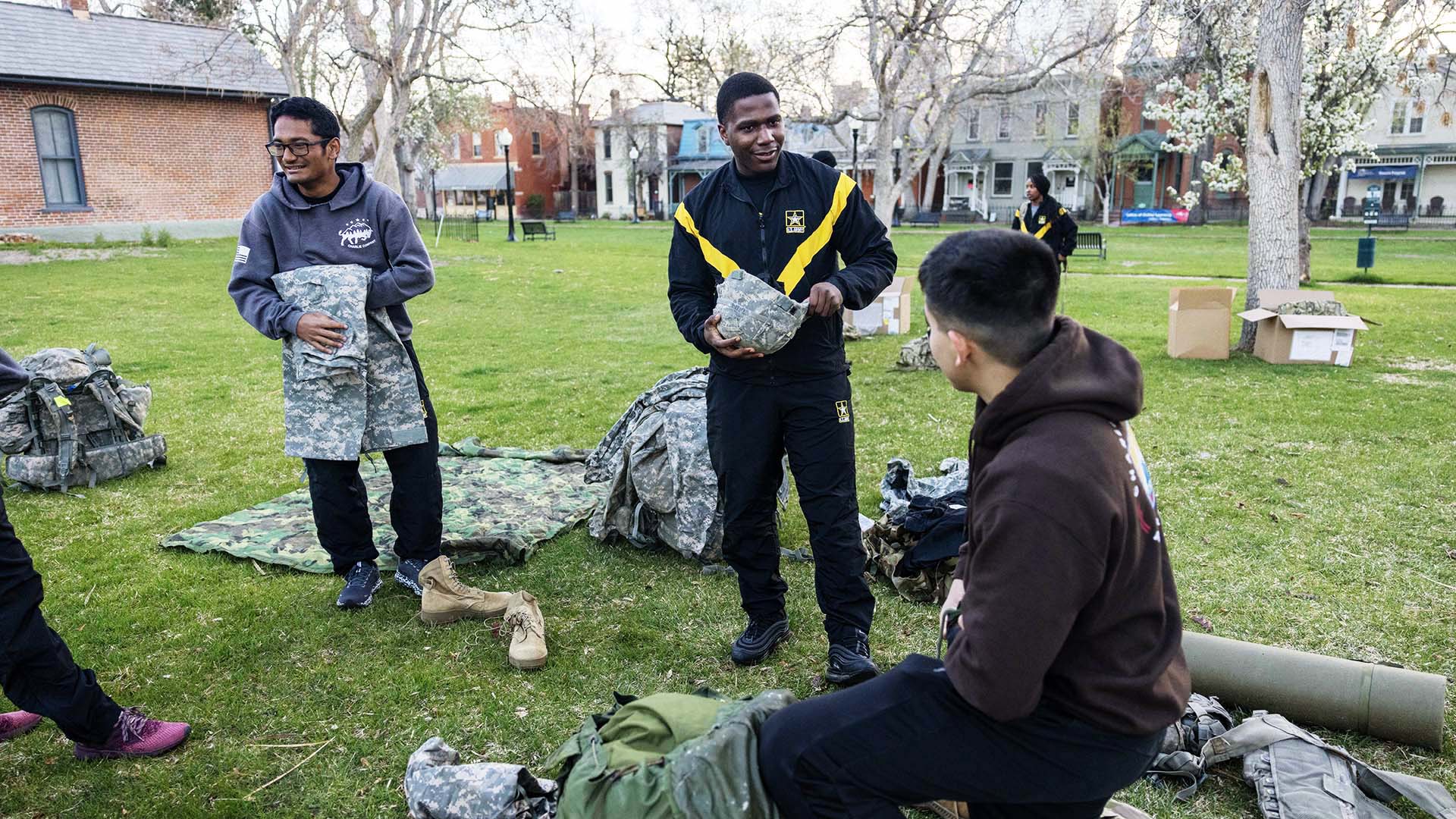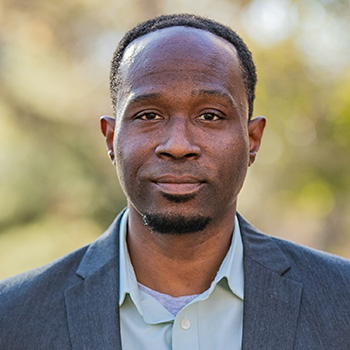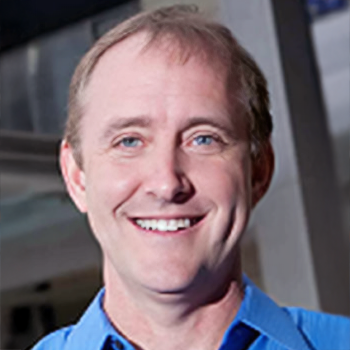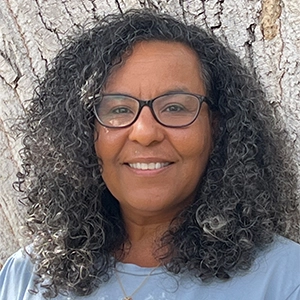Changemaker: Charlene West is at the forefront of the changing educational landscape
As the Launch Internships program manager for Denver Public Schools, alumna helps prepare students for a brighter future.
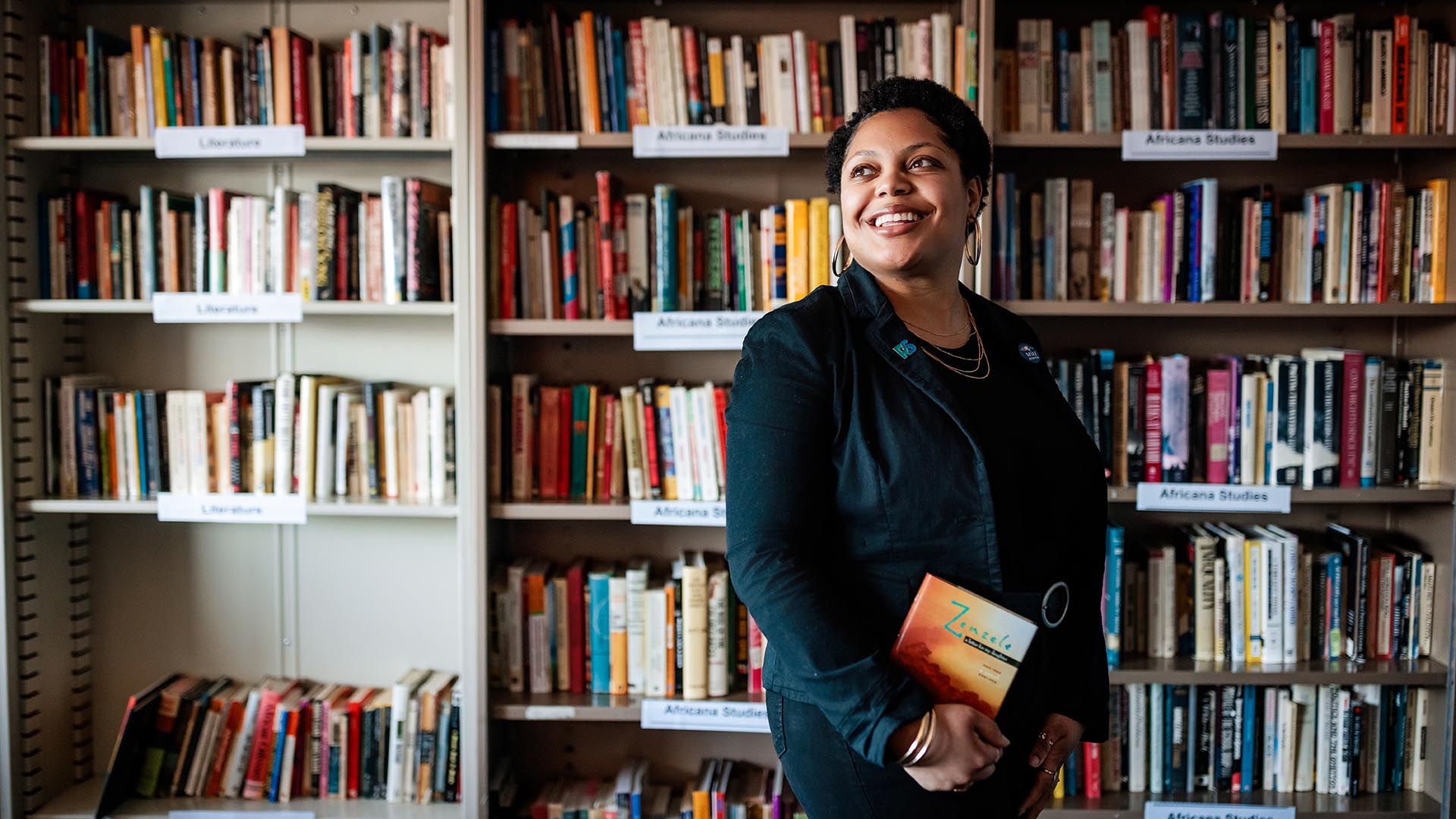
Editor’s note: Throughout the year, RED’s Changemakers series will feature students, faculty, staff and alumni who are trailblazers for Colorado’s success and active citizens paying it forward in their communities. Are you (or is someone you know) a changemaker? Share your story.
The transition from high school to college to a career can be jarring for many students. The result: high attrition rates, wasted tuition payments and skills gaps. These unfortunate realities drain resources and take a toll on the economy in Colorado and other states.
In response, experts are calling for a more fluid approach to education, one that allows students ages 16-20 to explore career options before entering postsecondary education.
Charlene West, a graduate of Metropolitan State University of Denver’s Africana Studies program and manager of the Launch Internships program at Denver Public Schools, is at the forefront of transforming traditional education for the city’s students.
“Career exploration shows high school students that there’s more out there for them,” said West. “We are connecting those dots so students can have these experiences and change the trajectory of their lives.”
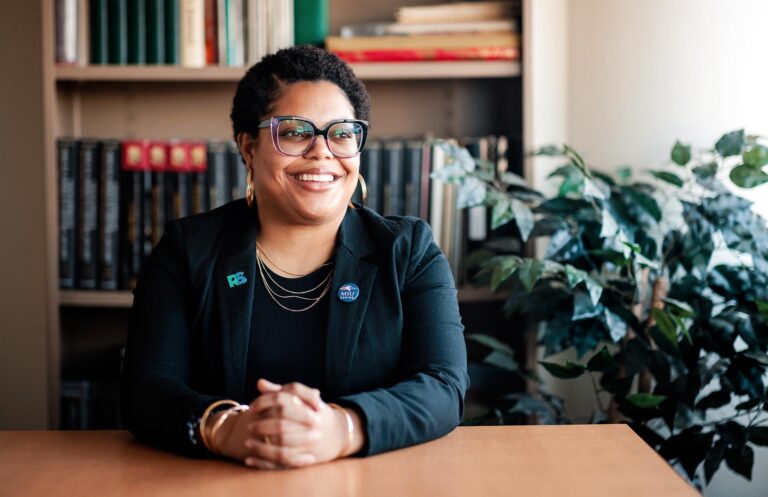
The Launch Internships team places 10th- through 12th-graders in DPS into semester-long, project-based internships where students learn about specific industries that interest them through hands-on experiences. Students in the program can also receive classroom-based learning, soft-skills training, career exploration and mentoring. Last summer, more than 200 students participated in internships.
“High school internships are essential to Colorado’s economy because they provide students with real-world experiences that help them discover their passions and make informed career or postsecondary decisions earlier,” West said. “They’re not wasting money trying to figure out what major to study in college, and they’re more prepared to enter the workforce.”
RELATED: Inspired by MSU Denver pipeline program, Polis announces grants to spur workforce development
The call to align education with industry needs has become louder in recent years. Proponents of the “Big Blur” recommend erasing the divide between high school and college and creating new structures and systems to better serve 16- to 20-year-olds. In Colorado, Gov. Jared Polis has pointed out that the state has seen one of the nation’s strongest post-pandemic economic recoveries, yet employers still struggle to fill job roles with the right talent.
Programs such as the one West manages ensure that students receive training in fields that interest them, making their high school coursework more relevant and informing their decision-making. This approach, she explained, puts young people on the path to success and gives them hope for a better future.
At MSU Denver, other tactics — apprenticeships, concurrent enrollment (taking college courses while still enrolled in high school), career exploration, job-skills training and career and technical education — also help bridge the gap between secondary school and the workplace, better preparing students for the workforce.
|
Hear more from West See West speak in the panel discussion “Unraveling the Essence of Black Love/Black Joy” at MSU Denver’s 41st annual Black World Conference on Wednesday. Learn more and register.
|
|
RELATED: More students earn college credit in high school
West’s ultimate goal is to see every Denver business hire two interns from her program. To get there, West is speaking on panels and encouraging organizations in her network to take on interns.
“We know this program works, and student demand is growing,” she said. “We need businesses to step up and be a part of the solution for the next generation of young professionals.”

